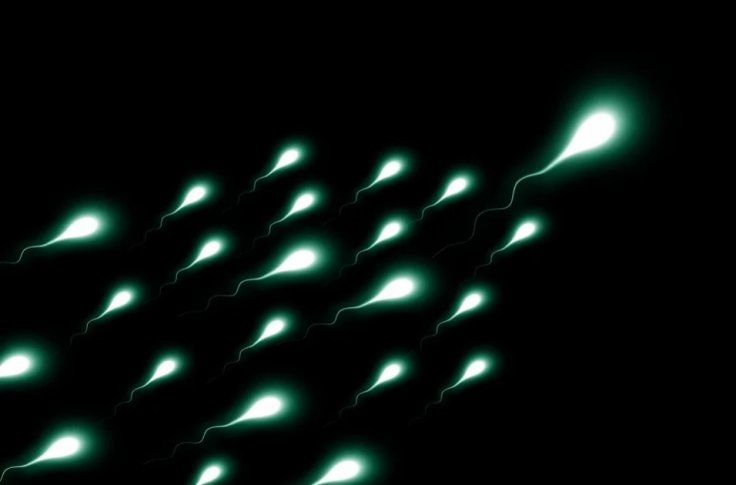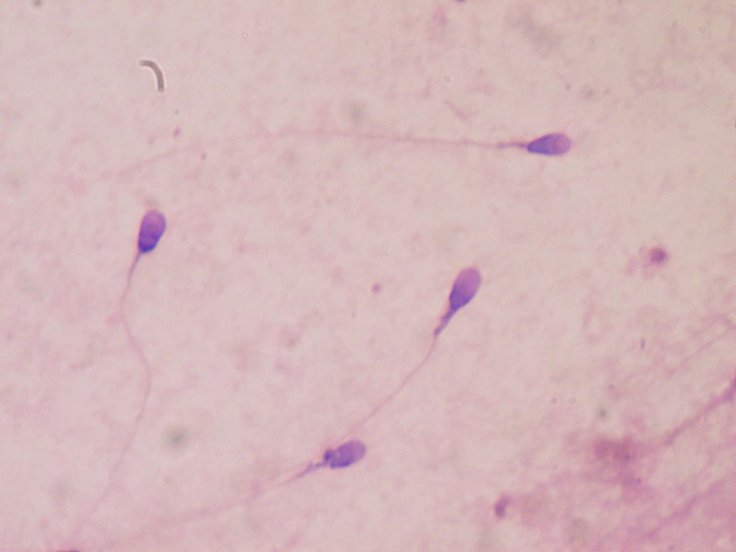Since the Coronavirus pandemic hit the world, healthcare professionals have been looking at the effects of the infection on the human body. As experts found evidence indicating that COVID-19 can affect several internal organs, including the kidney, lungs, heart and brain, a new study claimed that it also can damage sperm quality and reduce fertility in men.
According to the newly published research, the infectious disease which claimed more than 2,191,000 lives and affected over 100 million people, adversely impacts several markers of inflammation and oxidative stress in semen.
The authors said in their article published in Reproduction: "This report provides the first direct evidence to date that COVID-19 infection impairs semen quality and male reproductive potential."

The Research
The study was conducted at 10-day intervals for 60 days. It involved 84 men with Coronavirus infection. Researchers analyzed their semen and compared the data with 105 men without COVID-19.
The study found a significant increase in inflammation and stress in sperm cells of those who were infected by the SARS-CoV-2. It was also noticed that their sperm concentration, mobility and shape were also affected by the novel Coronavirus.
The study researchers, including the lead author Ph.D. student Behzad Hajizadeh Maleki, who is currently working at Germany's Justus Liebig University Giessen, said that the magnitude of the adverse side effects on sperm is also related to the severity level of COVID-19. However, they also acknowledged the fact that the impact does appear to decline over time.
The study also found higher levels of ACE2 enzymatic activity in COVID-19 affected men. The ACE2 is the protein that provides the entry point for SARS-CoV-2 to invade and infect a wide range of human cells.
Experts Urge Caution
Fertility experts who were not involved in this study said that the capacity of novel Coronavirus to compromise fertility in men remains unproven.
A UK healthcare expert, Allan Pacey, professor of andrology at the University of Sheffield, told Medscape Medical News: "I need to raise a strong note of caution in the interpretation of these data."
As per Pacey, who is also editor in chief of the journal Human Fertility, it is not surprising that the disease might impact the male reproductive system because ACE2 receptors were also found in the testicles.
However, he reviewed 14 previously published research articles and then came to a very different conclusion. He said till now, "more has been written raising this as a concern [rather] than actual primary data which seek to confirm or refute the hypothesis."
"My view is that the data published to date seemed broadly reassuring that any measurable effect of coronavirus on male fertility is probably only slight and temporary," he added.
However, the expert said that it is important to keep the subject—effect of COVID-19 on male fertility—under review to understand the issue.

Dr. Channa Jayasena, a UK-based consultant in reproductive endocrinology and andrology at Imperial College London, said that being sick from any virus can temporarily drop the sperm count, sometimes to zero, for a few weeks or months. "This makes it difficult to work out how much of the reductions observed in this study were specific to COVID-19 rather than just from being ill," added the expert.
According to Sheena Lewis, a professor emeritus at Queen's University Belfast in Ireland, it is not unknown that obesity alone can reduce sperm quality. "The COVID treatments may also have affected these men's sperm quality, rather than COVID itself," she added.
Alison Murdoch, who heads Newcastle Fertility Centre at the International Centre for life, Newcastle University in the UK, said it should be noted that there is no solid evidence of SARS-CoV-2 in the semen and no evidence that virus can be transmitted via sperm. So, Murdoch advised for longer studies before considering testes to be high-risk organs specific to Coronavirus caused disease.









